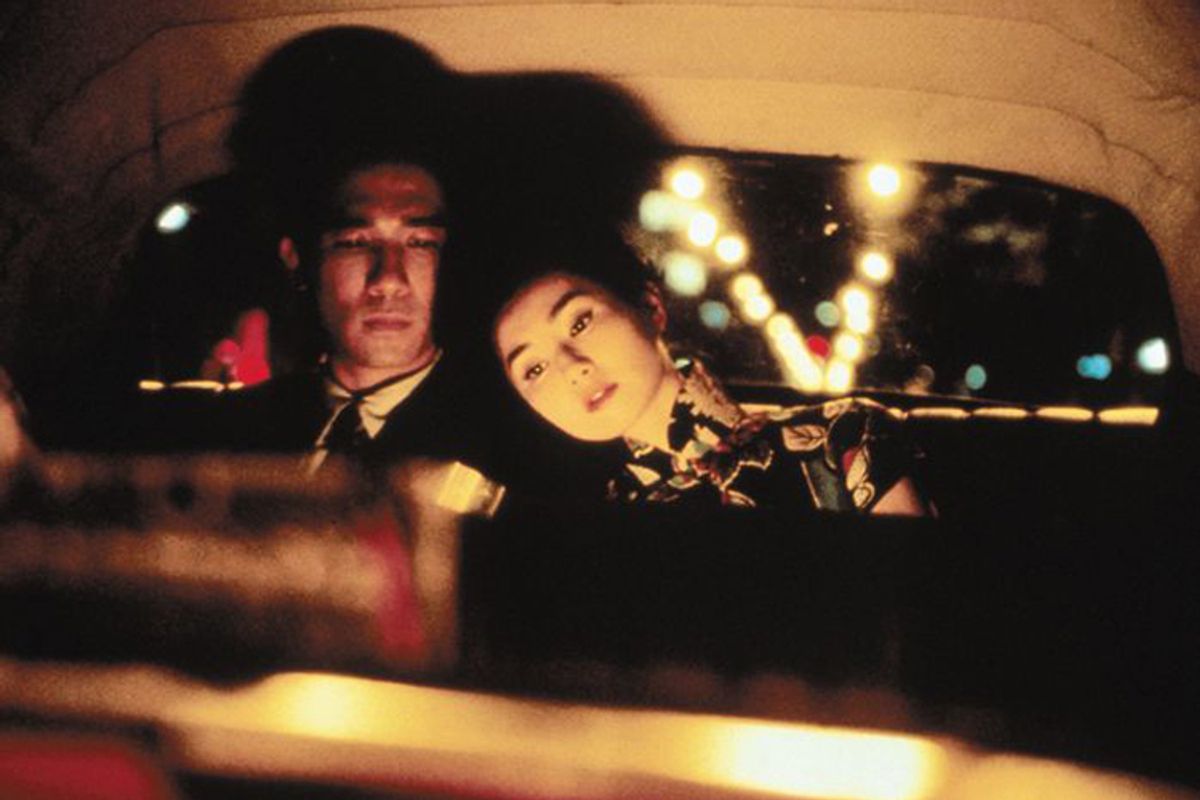Ira Sachs' brilliant 2005 meditation on life in the United States today, "Forty Shades of Blue," is less an American or even a European film than a Russian one, albeit one set in Memphis. About a triangle of sex and resentment between an aging, debauched record producer Alan James (Rip Torn), his younger Russian immigrant girlfriend Laura (Dina Korzun) and his grown son Michael (Darren Burrows), it's blessedly hushed given that it takes place in the heart of R&B music. Sad and slow, the film asks whether we have the right to expect joy in our daily lives.
In early scenes, Laura's true character emerges only through the cracks of her trophy-wife veneer: long, lean, pale and clad with more money than taste. She impassively receives Alan's gestures of affection and applies her makeup more carefully than she greets her child. At an awards ceremony, Alan delivers such a heartfelt speech that all are moved save Laura, whose expression remains inscrutable as she sips white wine. Just as she may be dismissed for being an ice princess (and the movie may be dismissed for offering up such a fatuous cliché), the event breaks up, he abandons her to bed a blowsy blonde, and the camera holds on Laura, who, shoulders high and tight, strides to the bar where she drowns herself in vino desperatas.
As the film unpacks, Laura's exact dilemma grows clear. She lives with greater ease and luxury than she ever dreamed possible in Russia, but remains dangerously malnourished emotionally -- a fact she cannot acknowledge, let alone indulge. To expect more is foolish, even ungrateful in her eyes. When Michael complains about his father's negligence, she bursts out, "Americans are so spoiled!" She constantly declares she is "fine" as if she were willing it so each time. Only the ragged, narcissistic desire of her two lovers disrupts the precarious balance she's achieved between her needs, her highly developed morality and the selfishness of her new world. She is profoundly sad, in other words, and the film does not shy from laying out that misery. Its lens idly lingers on bare trees and impersonal, garishly appointed rooms while characters make sloppy, fierce love and then gaze disappointedly, longingly, wordlessly at each other. The resulting sensation is one of floating above all that wild emotionality, in the manner Laura wishes she could. A deeply Russian effect, this: a philosophical investigation into a matter of the heart.
When Laura finally, inevitably implodes, she jumps out from Alan's car and strides noiselessly along a deserted American street into a dark nowhere. If this were my perfect movie, I thought, it'd end here. And it did.
Film Salon has invited a group of special guests to write about their favorite film(s) of the 2000s. To read the entire series, go here.



Shares